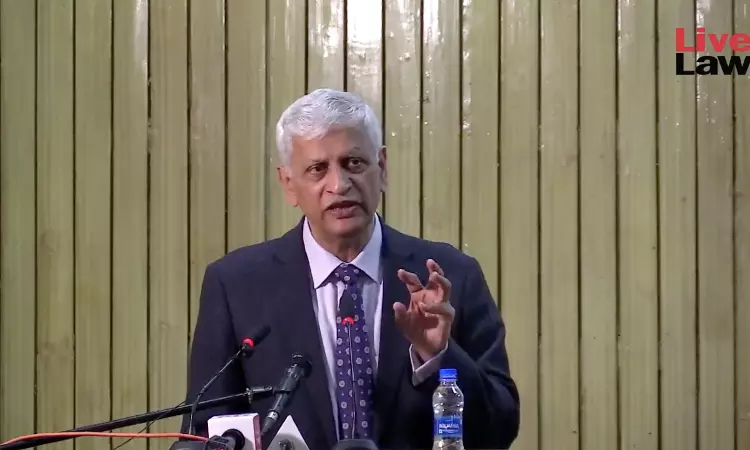Present Model Of Appointing Judges Is Near Perfect : Former CJI UU Lalit Defends Collegium System
Padmakshi Sharma
18 Feb 2023 1:15 PM IST

Next Story
18 Feb 2023 1:15 PM IST
Former Chief Justice of India Uday Umesh Lalit opined that there is no better system available at present to appoint judges than the existing collegium system. Speaking at a seminar organised by the Campaign for Judicial Accountability and Reforms (CJAR), the former Chief Justice of India elaborated on the different levels of scrutiny and consultations which are undertaken in the process...
